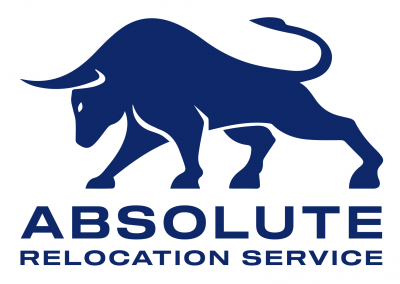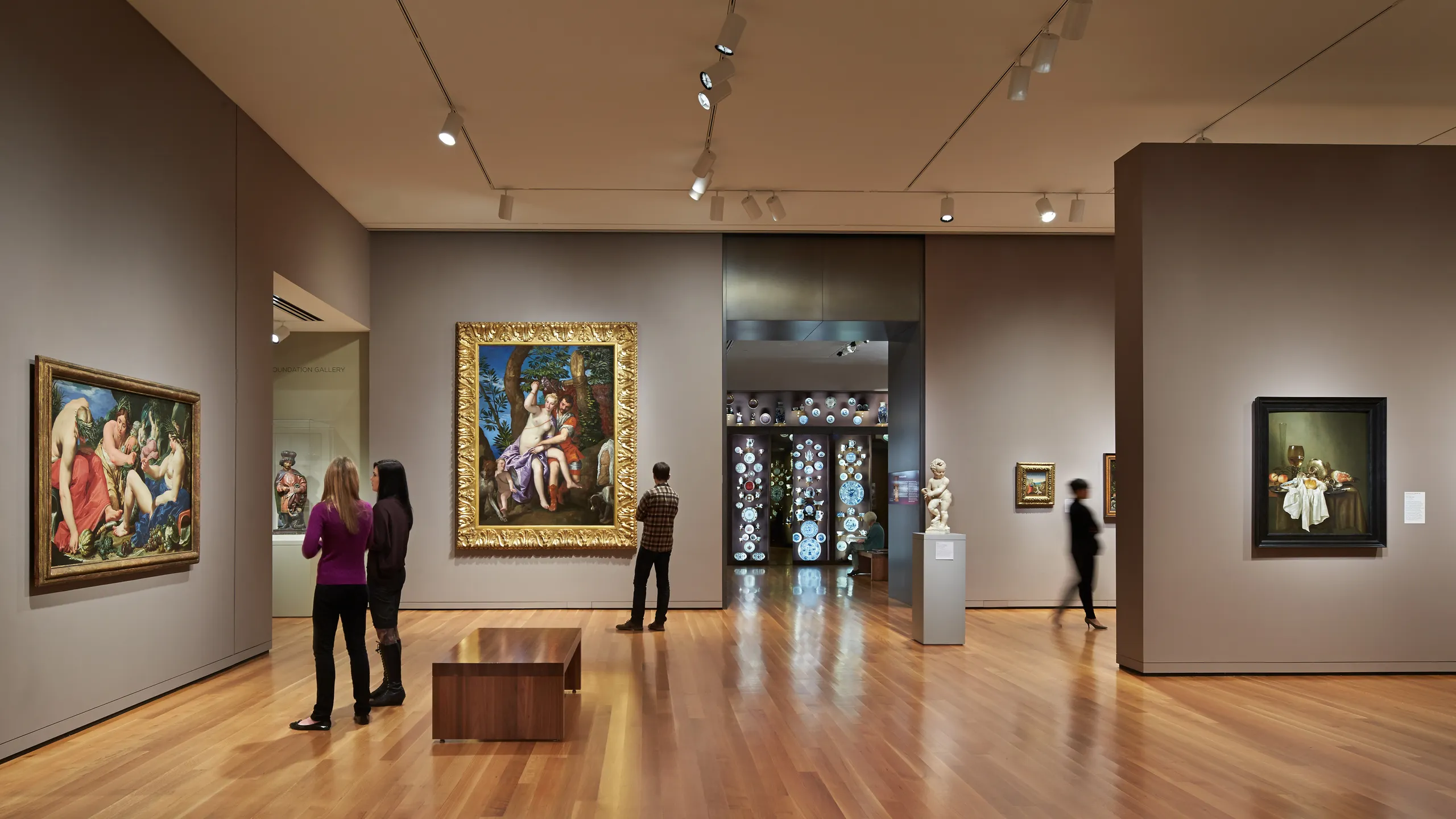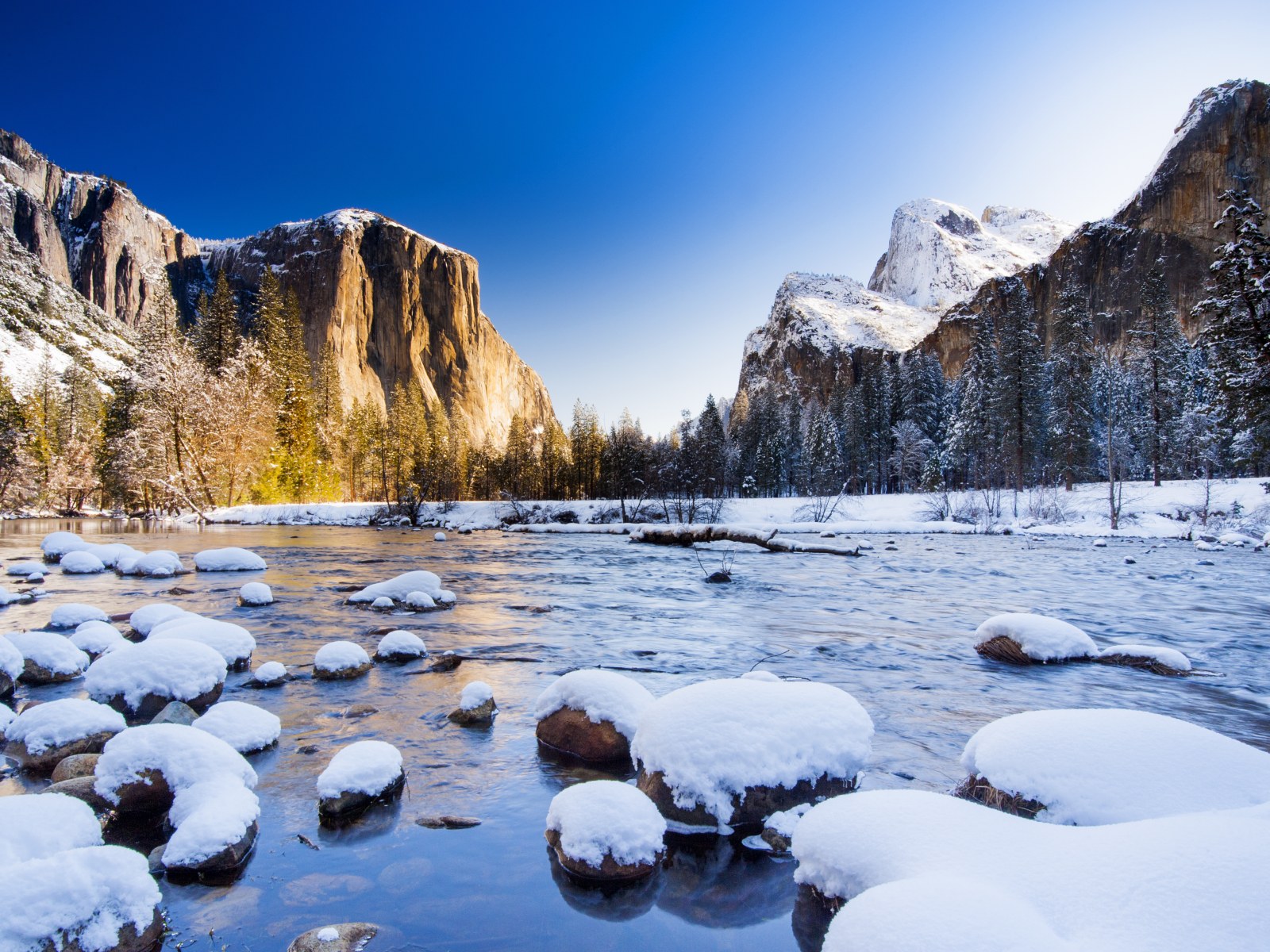Culture and Public Life in Washington State: What to Expect After Moving Out
Washington State is a place where modern urban rhythms combine with unique natural landscapes and rich history. From bustling metropolitan areas to cozy rural communities, every corner of this state has its own cultural traditions and social life. Once you move to this state, you’ll find a variety of events, an active social life, and the opportunity to immerse yourself in a culture that varies from region to region.
Washington’s culture is not only about cities and events, but also about the unique natural landscapes that are an important part of community life. Residents of the state are active outdoors, participating in hiking, skiing, fishing, and kayaking.
In addition, Native American tribes such as the Makah Tribe, Yakima Tribe and others play an important role in the cultural life of the state. Numerous museums and cultural centers dedicated to Native peoples help preserve their traditions and history.
Cultural characteristics and social life in major cities
Washington is known for its major cities such as Seattle, Spokane, Tacoma, and Vancouver. Each of these cities has its own unique atmosphere and characteristics.
1. Seattle
Seattle, the largest city in Washington State, is the cultural capital of the region, known for its diversity and creative energy. Here, the modern rhythm of a metropolis combines with natural beauty and rich history. The city offers an abundance of cultural events, music festivals, museums, theaters and art galleries, making it an ideal place to live and be active in the community.
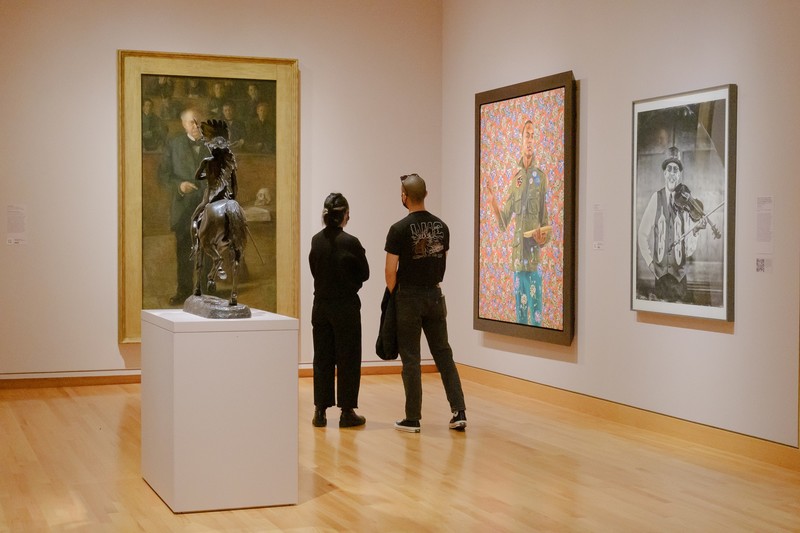
Arts and Culture
- Music and Arts: Seattle is the birthplace of the 90s grunge movement that gave the world bands like Nirvana, Pearl Jam and Soundgarden. Today, the city maintains its status as one of the music centers of the United States with a diverse scene covering all genres from jazz to indie rock. An array of music venues, such as The Crocodile and Showbox, attract local artists and international stars.
- Museums and Galleries: One of the city’s premier museums is the Seattle Art Museum (SAM), which hosts renowned exhibitions and houses art from around the world. Also worth noting is the Museum of Pop Culture, MoPOP, which focuses on music, science fiction and video games. The Chihuly Garden and Glass Museum is another significant place to see the amazing glass sculptures of renowned artist Dale Chihuly.
- Theater and Cinema: Seattle is also known for its theaters. The city is home to cultural centers such as Seattle Repertory Theatre and Paramount Theatre, which offer a variety of programs ranging from classic plays to contemporary productions. Seattle is also famous for its annual Seattle International Film Festival (SIFF), which attracts thousands of movie lovers from around the world.
Social activities and events
- Festivals and Events: The city offers many festivals that cover a variety of aspects of city life. One of the most notable is Bumbershoot, an annual music and art festival that takes place over Labor Day weekend. It also hosts the Fremont Solstice Parade, a summer solstice parade known for its creative costumes and installations.
- Food & Drink: Seattle is famous for its coffee culture, Starbucks was born here, and coffee is an important part of local life. Seattle is also known for its gastronomic diversity. Restaurants from all cuisines of the world can be found in the city, as well as famous farmer’s markets such as Pike Place Market, where you can buy fresh seafood, vegetables and unique crafts.
- Sporting events: Seattle is home to an active sports culture. Professional sports teams such as the Seattle Seahawks (American soccer), Seattle Mariners (baseball) and Seattle Sounders FC (soccer) are based here. The city is proud of its sports victories and holds mass events in support of favorite teams.
Social and cultural atmosphere
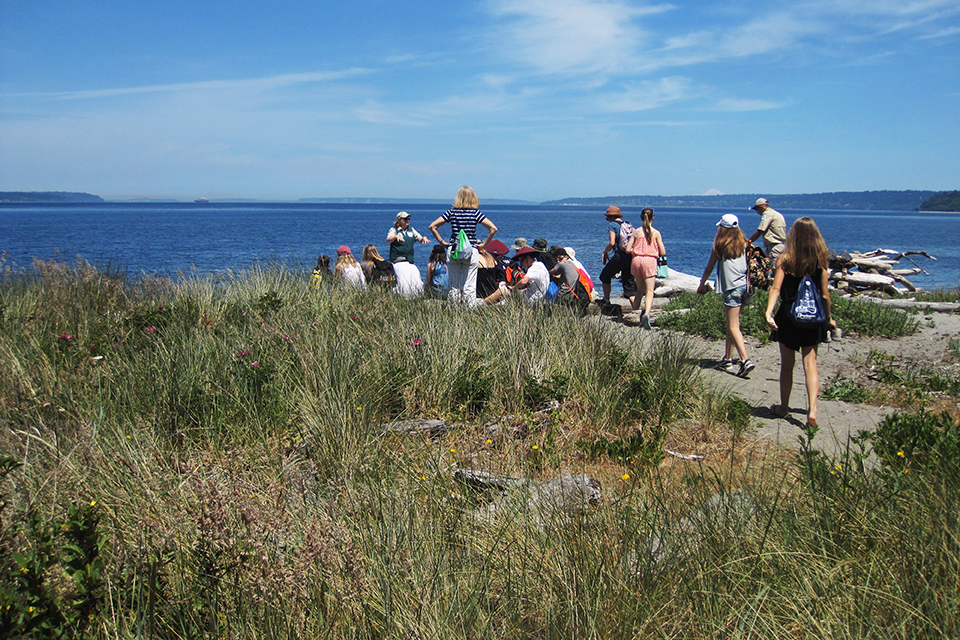
Seattle is known for its progressive spirit, openness and respect for diversity. The city participates in environmental initiatives and actively supports sustainability. Locals are proud of their parks and green spaces, such as Discovery Park and Green Lake, which provide opportunities for outdoor activities and communing with nature.
Seattle also has a strong culture of volunteerism and community service. Many residents participate in charitable events and social initiatives to improve the community.
Seattle attracts people with its opportunities for professional and personal growth, access to nature, cultural events, and high quality of life. It’s a city where everyone can find something for themselves, whether it’s art, music, sports or outdoor activities. Seattle is home to many major technology companies, making it attractive for career and development.
2. Tacoma
Tacoma, located on the Puget Sound Gulf Coast in Washington State, offers its residents a harmonious blend of urban life and natural beauty. The city is known for its museums, cultural events, and a vibrant art scene, making it one of the region’s significant cultural centers. Tacoma is a place where history intertwines with modernity and cozy neighborhoods blend with an active social life.
Arts & Culture

- Museums and Galleries: Tacoma is famous for its museums. One of the most famous is the Museum of Glass, where visitors can observe the process of creating glass sculptures and see works by famous artists, including Tacoma native Dale Chihuly. Tacoma Art Museum (TAM) features collections of American and European art, as well as works by contemporary artists of the Pacific Northwest. Washington State History Museum tells the history of the state and the region, with an emphasis on Native culture, as well as industrial development and the role of railroads.
- Theaters and Music Venues: Tacoma is home to several theaters that offer a variety of productions for theater lovers. Tacoma Little Theatre and Broadway Center for the Performing Arts are known for their plays, musical performances, and dance shows. Music concerts take place in the Tacoma Dome, one of the largest indoor arenas in the state.
- Art Scene: Tacoma actively supports local artists and sculptors by providing venues for them to exhibit and work. The annual Art on the Ave festival on 6th Avenue attracts thousands of people, offering spectacular exhibitions, musical performances and street shows.
Social activities and events
- Festivals and Holidays: Tacoma is known for its colorful festivals and events. The Daffodil Festival is an annual event held in the spring that includes a parade and plenty of entertainment. The Tacoma Film Festival attracts movie lovers by offering screenings of independent films and discussions with filmmakers.
- Sporting Events: Tacoma supports an active lifestyle for its residents. A variety of sports are popular here, including baseball, basketball, and hockey. The city is home to Cheney Stadium arena, where the local Tacoma Rainiers baseball team plays games and the Tacoma Rockets hockey team plays in sports tournaments.
- Park and recreational areas: Tacoma has many parks such as Point Defiance Park, which is one of the largest city parks in the United States. It features the Point Defiance Zoo & Aquarium, scenic hiking trails, and picnic areas. Natural areas play an important role in the lives of city residents by providing opportunities for outdoor activities and communing with nature.
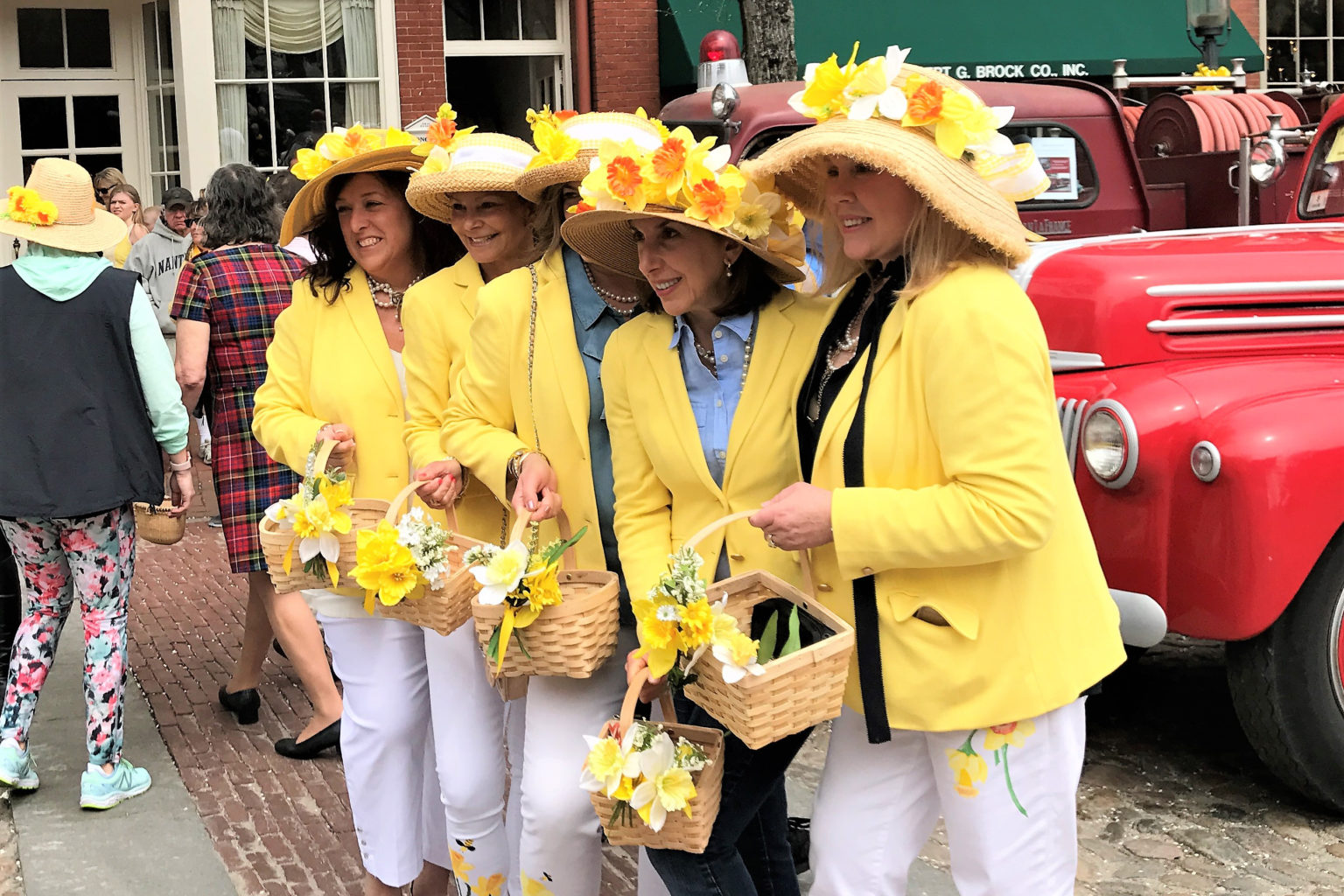
Social atmosphere
Tacoma combines an urban rhythm with a warm, small-town atmosphere. It is a place where residents are actively involved in community life and support various social initiatives. The city is known for its environmental projects, efforts to support sustainable development and environmental protection.
Tacoma also actively develops social assistance and community support programs. City officials and various community organizations work to improve the quality of life in the city and promote initiatives that support families, youth and seniors.
Tacoma is a vibrant city with many cultural and recreational opportunities, beautiful natural surroundings and a high quality of life. It offers affordable housing compared to Seattle, making it attractive to young families and people looking for a new home. The city is actively developing, providing excellent conditions for professional growth and personal development.
3. Spokane
Spokane, located in eastern Washington State, is one of the region’s largest cities and a center of culture, arts and community life. Surrounded by mountains, rivers, and forests, this city offers its residents an active and busy lifestyle. Spokane is known for its cultural events, rich historical traditions, and outdoor recreational opportunities.
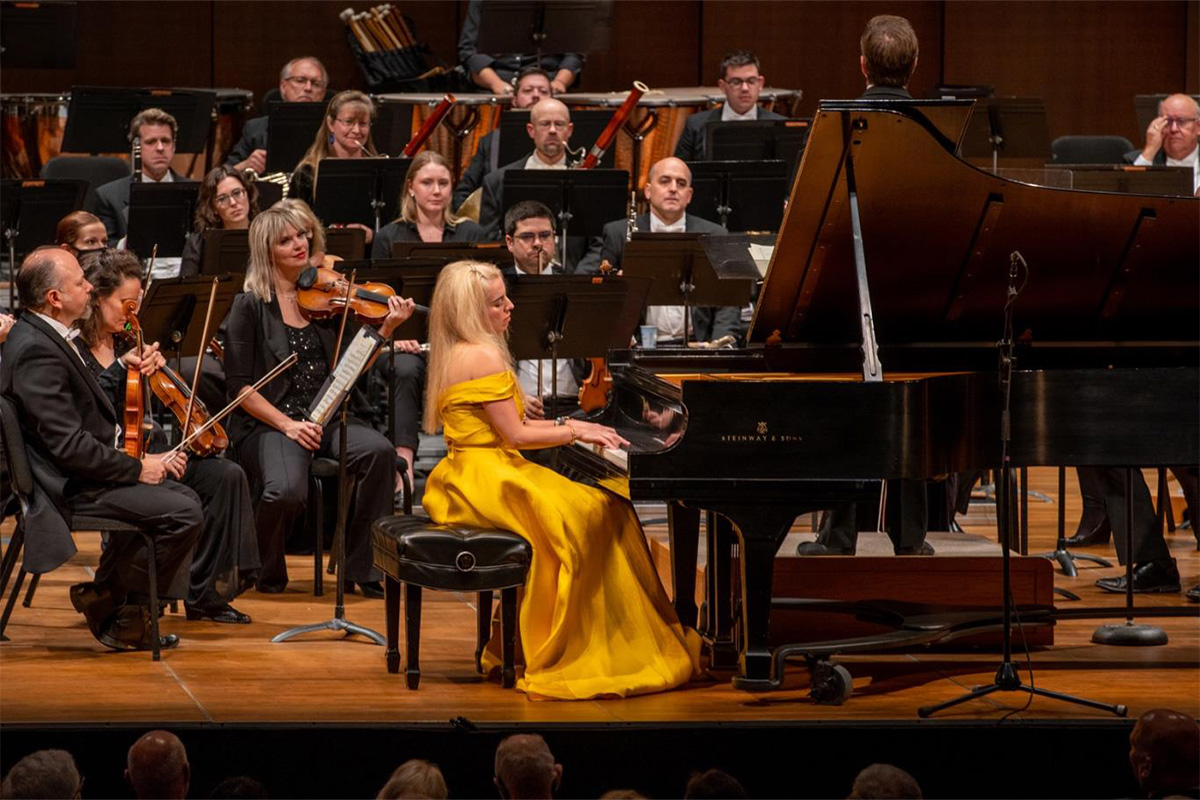
Arts and Culture
- Museums and Galleries: Spokane has many museums and art galleries that tell the history and culture of the region. The Northwest Museum of Arts and Culture (MAC) is one of the largest museums in the northwestern United States. Here you can learn about the indigenous peoples, the history of the region, and see contemporary art collections. The museum also hosts temporary exhibitions and cultural events.
- Theaters and Music Venues: Spokane’s theater scene is represented by several theaters, including the Spokane Civic Theatre, which offers performances for all tastes, from classic plays to contemporary productions. The Martin Woldson Theater at The Fox is a popular venue for musical concerts and performances. Spokane’s orchestra, the Spokane Symphony, performs here regularly, offering residents and visitors a classical music experience.
- Art Scene: A variety of arts initiatives are active in the city. First Friday Artwalk is a monthly event where local galleries and artists present their work. Spokane fosters a spirit of creativity and self-expression, making it a great place for artists and art lovers.
Social activities and events
- Festivals and Celebrations: Spokane is home to many festivals and celebrations. The Lilac Festival is an annual event held in the spring that includes parades, concerts, and various community events. The Bloomsday Run is one of the largest annual marathons in the country, attracting thousands of participants and spectators. Spokane is also known for its Christmas celebrations, such as Christmas Tree Elegance, and summer outdoor festivals.
- Sports Activities: The city offers many opportunities for sports activities. Spokane is home to the Spokane Indians baseball team and the Spokane Chiefs hockey team. The city is also famous for its Spokane Hoopfest, the largest street basketball tournament in the world, which attracts thousands of participants.
- Natural areas and outdoor activities: Spokane is known for its parks and green spaces. Riverfront Park is the center of city life and offers a variety of activities, from walking along the Spokane River to visiting amusement rides and an observation tower. Spokane residents are active in hiking, biking, skiing, and other outdoor activities due to the abundance of natural resources around the city.
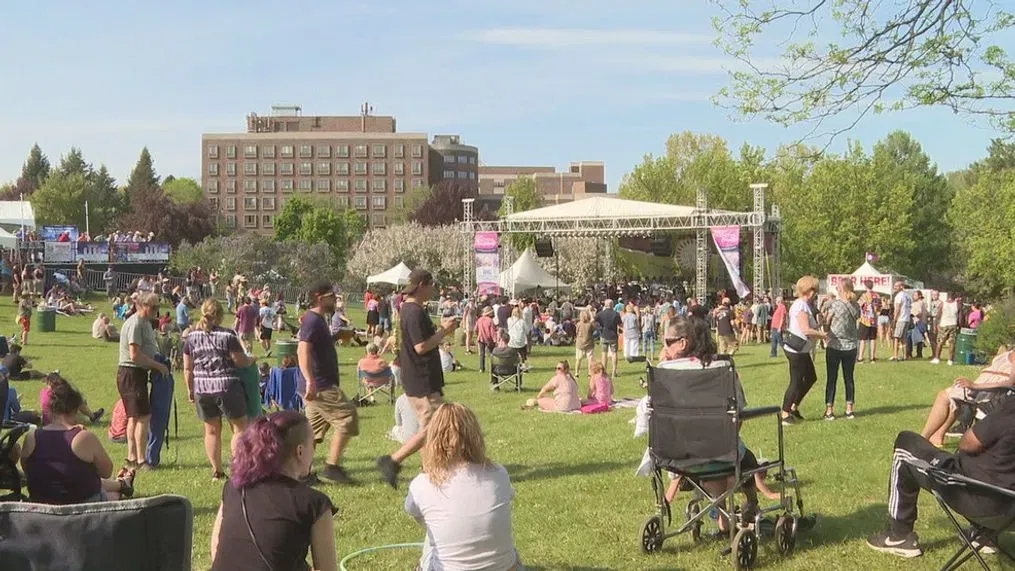
Social atmosphere
Spokane’s social life is diverse and dynamic. The city is famous for its hospitality and friendly atmosphere. Residents are actively involved in community life, supporting local initiatives and projects aimed at improving living conditions. Spokane is also known for its environmental activism and commitment to sustainable development.
City officials and local organizations work to create a comfortable and safe urban environment. Spokane is also one of the region’s centers for educational and medical services, making it attractive to families and professionals.
Spokane is a city that combines a strong cultural life, natural amenities, and affordable housing. It offers a high quality of life, low crime rates, and excellent opportunities for professional growth. Spokane’s proximity to nature makes it ideal for those who value an active lifestyle and outdoor recreation.
4. Vancouver
Vancouver, located in southwestern Washington State, is an important cultural and economic center for the region. The city straddles the Oregon border and offers residents and visitors a rich social and cultural life. Combining modern conveniences with historic heritage, Vancouver is an attractive place to live and an active social life.
Cultural Life
- Historical heritage: Vancouver is famous for its historical heritage. The city’s main symbol is Fort Vancouver, built in the 19th century and a key site in the region’s history. It is a National Historic Site where you can learn about the life of early settlers and see restored buildings from that time. Historical reenactments and cultural events are also regularly held here.
- Museums and Galleries: Vancouver offers a variety of cultural institutions. The Clark County Historical Museum is a place to learn about the history of Clark County, from its indigenous peoples to the present day. There are also art galleries such as Art on the Boulevard, which showcases the work of local artists.
- Theaters and concerts: Vancouver’s theater scene is represented by venues such as the Magenta Theater, which offers a wide range of performances from classic plays to contemporary productions. Vancouver is also known for its musical events. The Kiggins Theatre is not only a movie theater, but also a venue for live performances, concerts and community events.
- Festivals and Celebrations: Vancouver is home to many festivals and celebrations that attract locals and tourists alike. One of the most popular events is the Vancouver Wine & Jazz Festival, which attracts music and wine lovers from all over the region. The 4th of July Fireworks Show at Fort Vancouver is one of the largest Independence Day celebrations in the region and includes concerts, family activities and a grand fireworks display.
Social activity and community life
- Parks and Nature: Vancouver is known for its green spaces and parks. Esther Short Park is the oldest park in Washington State and is the center of the city’s social life. It hosts festivals, farmers markets, concerts and other outdoor events. There are many hiking trails and outdoor activity areas in and around the city, making it an ideal destination for nature lovers and healthy lifestyle enthusiasts.
- Community and volunteering: Vancouver is known for its close-knit community and high degree of civic engagement. Residents actively volunteer, support local charities, and participate in events to improve the city’s livability. Local governments and organizations also support environmental initiatives and conservation programs.
- Sporting activities: Vancouver offers many opportunities for sports and outdoor activities. Bicycling, hiking, fishing and other outdoor activities are available. Vancouver Lake Park is a popular place for water sports and picnics.
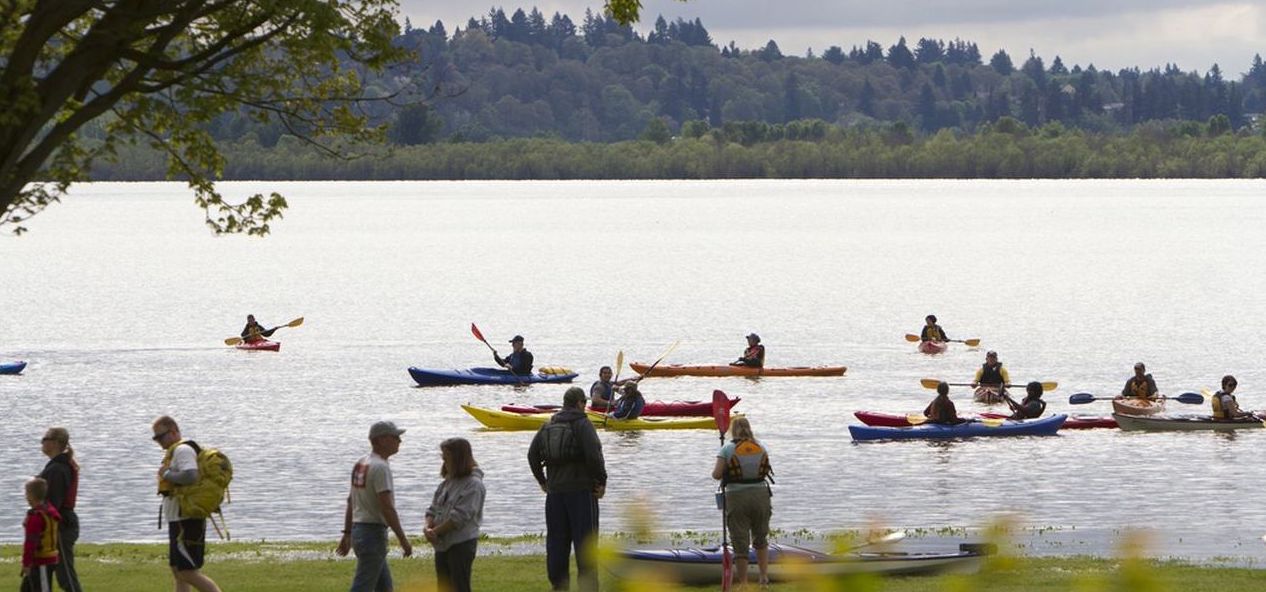
Life in Vancouver
Life in Vancouver is characterized by a relaxed pace and friendly atmosphere. The city offers the amenities of a large city while maintaining the charm of a small community. Its proximity to Portland, Oregon, makes Vancouver especially attractive to those who want to live in more affordable housing but still have access to metropolitan opportunities.
Vancouver is also known for its schools and educational programs, making it a popular choice for families. Good infrastructure, shopping, restaurants and cultural institutions make the city a convenient place to live.
Vancouver offers a high quality of life, a convenient location, and a strong infrastructure. It offers affordable housing, proximity to nature, and the opportunity to enjoy cultural and community events year-round. Residents appreciate the city’s comfort and the balance between city life and the opportunity to be in nature.
Cultural characteristics and community life in rural areas
Washington State’s rural areas also offer a rich cultural life and unique traditions. Here you’ll find farmers markets, local fairs, and festivals that reflect the region’s agricultural and artisanal roots.
1. Skagit Valley
Skagit Valley is a scenic valley in northwest Washington State known for its farms, festivals, and unique culture. This region includes several cities and rural communities such as Mount Vernon, Burlington, La Conner, and Anacortes, which represent key centers of cultural and social life in the valley.
Cultural Life
1. Festivals and Events:
- Skagit Valley Tulip Festival: One of the region’s most famous events is the annual Tulip Festival, which attracts tourists from all over the world. In April, the fields of Skagit Valley bloom with thousands of colorful tulips, and the festival offers not only an opportunity to enjoy the natural beauty, but also a host of cultural events including art exhibits and craft fairs.
- Skagit River Salmon Festival: This festival celebrates indigenous cultural heritage and conservation. Visitors can learn about the importance of the Skagit River to the local ecosystem and enjoy live music, traditional crafts and ethnic foods.
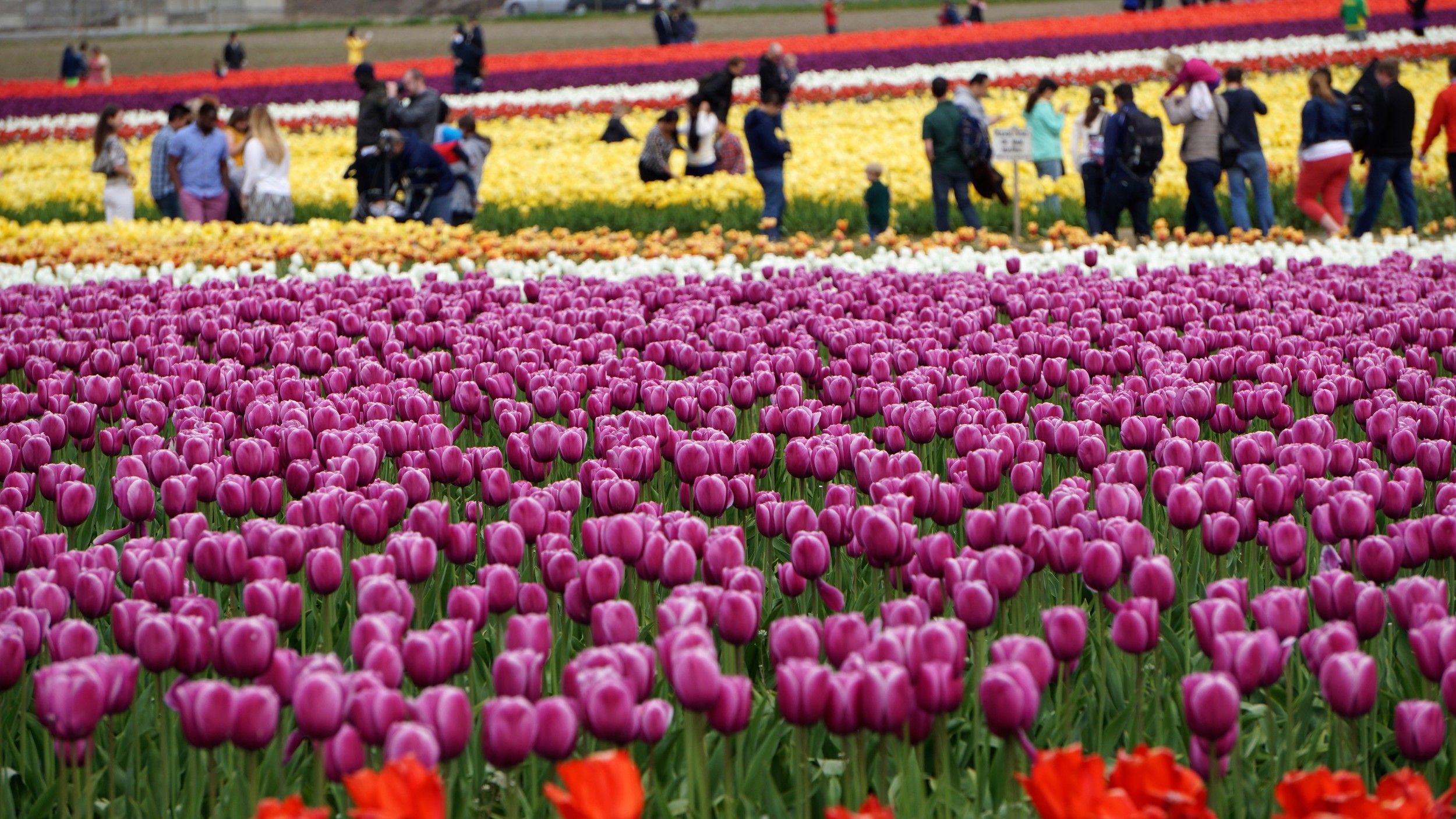
2. Historic Heritage:
- La Conner: This charming coastal town is known for its historic architecture and art galleries. The Museum of Northwest Art in La Conner showcases the work of contemporary artists of the northwestern United States. La Conner is also known for its antique stores and local restaurants.
- Skagit County Historical Museum: Mount Vernon is home to this museum, which tells the story of the region’s development, from early settlers to the present. Here you can learn about agricultural traditions, indigenous history, and the importance of the Skagit River to life in the region.
3. Arts and Crafts:
Skagit Valley has a thriving arts and crafts scene. Local artists and craftspeople are active in the cultural life of the region, and many of them open their studios and galleries to the public. Exhibitions and art festivals take place regularly, emphasizing the region’s connection to nature and tradition.
Community Life
- Rural Community: Life in Skagit Valley is tied to agricultural traditions. Locals are proud of their farms and rural properties, and community life often revolves around fairs, farmers markets, and general events such as harvesting. The region’s towns and villages host events that build community spirit and bring people together.
- Outdoor Recreation: Skagit Valley residents are active in outdoor recreation. Hiking, biking trails, fishing and kayaking are popular activities for locals and tourists. Mount Baker-Snoqualmie National Forest and Deception Pass Marine Park provide many opportunities for outdoor activities.
- Eco-Initiatives: Skagit Valley residents actively support environmental initiatives. Many farms in the region operate under the principles of sustainable farming and organic production. Volunteer projects and educational programs to protect the environment and conserve natural resources play an important role in community life.
Social Features
- Local Markets and Farm Fairs: Farm fairs are held in the Skagit Valley where you can purchase fresh, local produce. Locals actively support their farms and are eager to buy vegetables, fruits, dairy products and meats grown right here.
- Friendly Community: Life in Skagit Valley is characterized by a strong sense of community and mutual support. People here often know each other personally, and social ties between neighbors are very strong. Local activities such as fundraisers, family picnics, and sporting events strengthen social ties.
- Slower pace of life: Unlike larger cities, life in Skagit Valley moves at a more relaxed pace. Locals appreciate the quiet, measured pace and proximity to nature. It is the perfect place for those seeking a balance between an active social life and privacy.
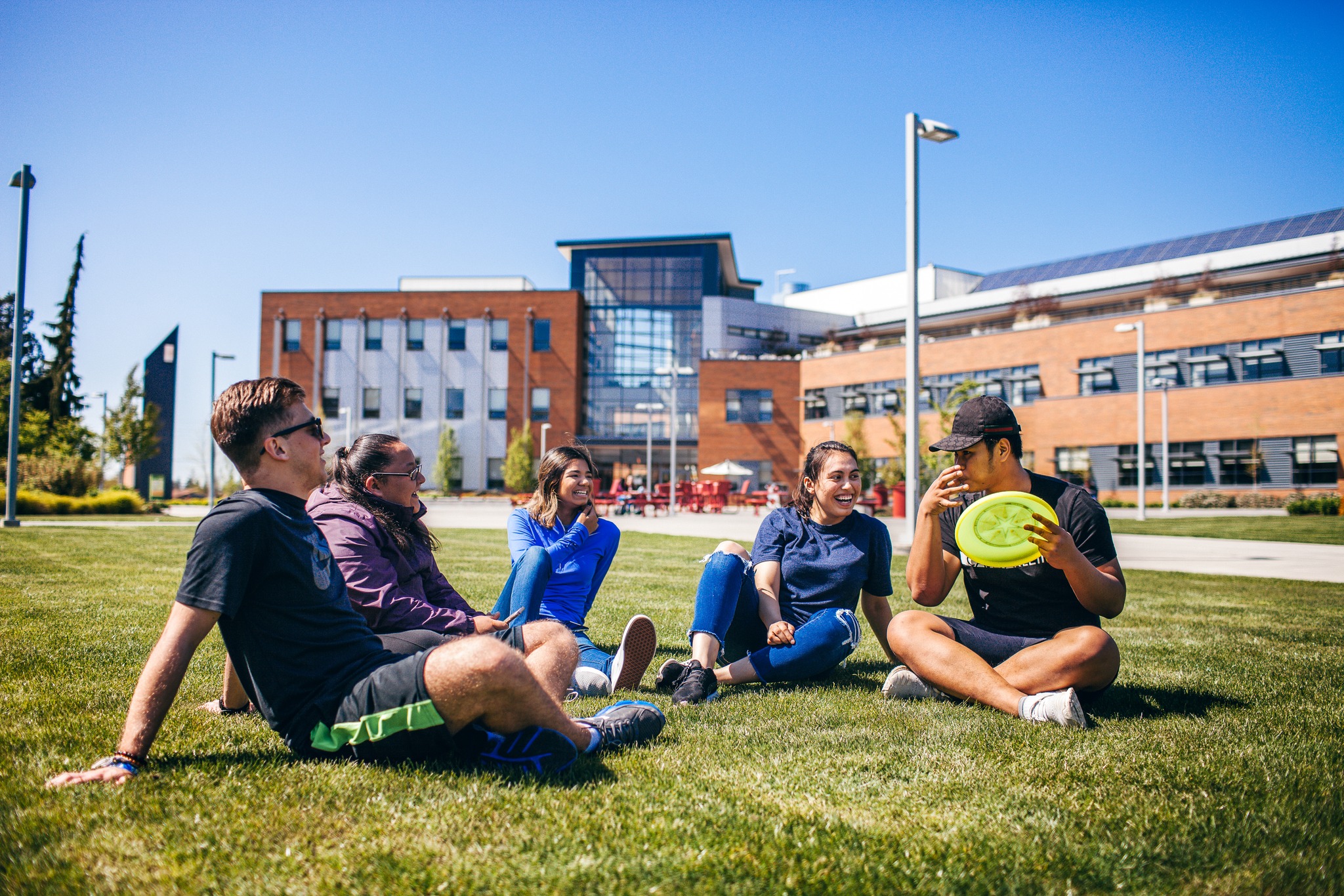
Skagit Valley attracts people with its unique combination of rural charm, natural beauty and cultural diversity. It is a region with a rich history and deep agricultural tradition where people live in harmony with nature. Here you can enjoy quality living, outdoor activities and a warm community.
2. Yakima Valley
Yakima Valley is a major agricultural region of Washington State located in the central part of the state. Known for its fertile land and extensive vineyards, Yakima Valley plays an important role in the state’s economy and is the center of a diverse cultural life. The region is rich in traditions related to agriculture, winemaking, and has a strong community with deep roots in the history and culture of indigenous peoples and early settlers.
Cultural Life
1. Wine Culture:
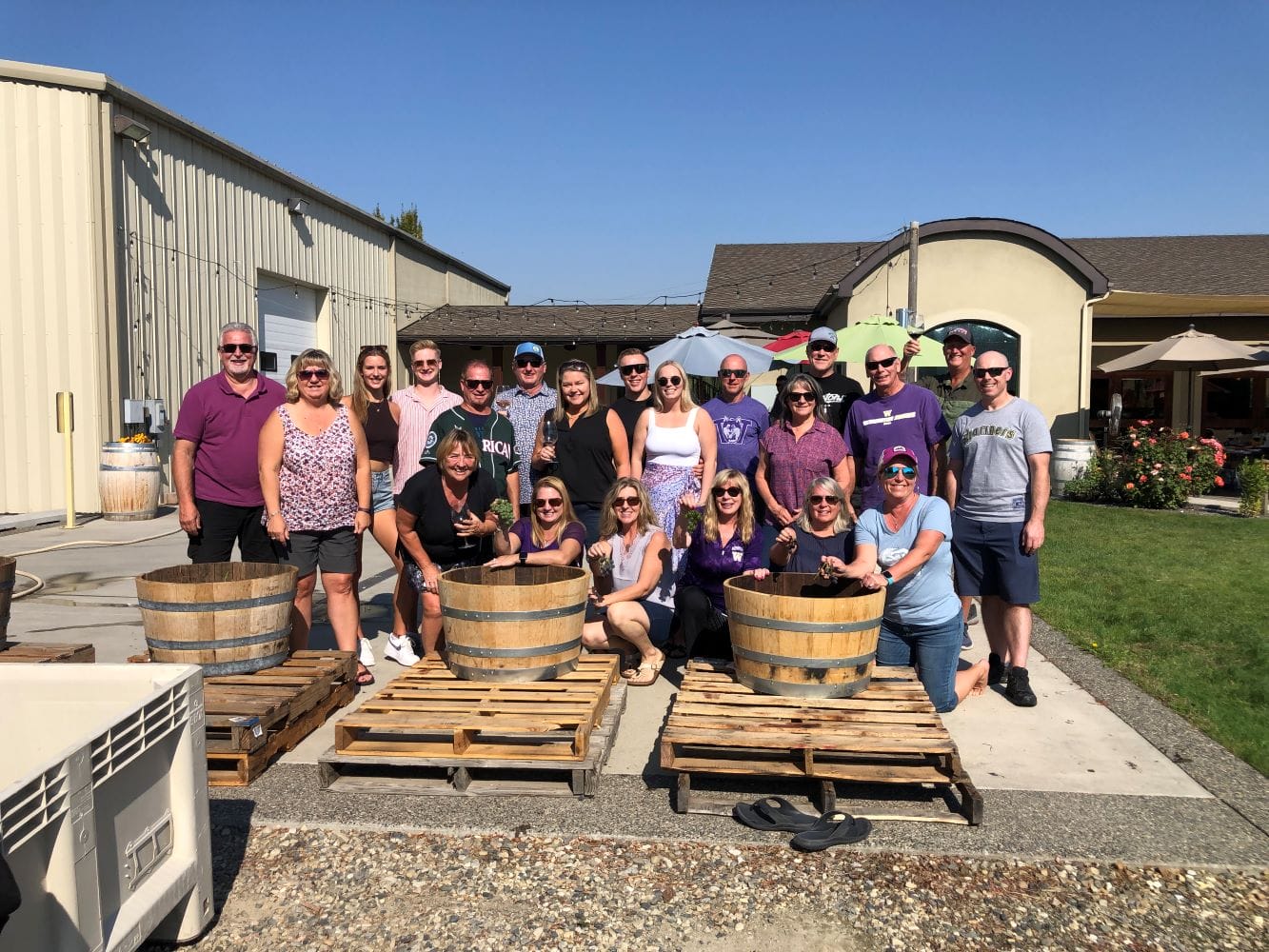
- Yakima Valley is renowned for its winemaking and is one of Washington State’s premier wine regions. There are more than 120 wineries in the region producing world-class wine. Tourists and locals actively participate in wine tours and festivals such as Catch the Crush, where you can not only taste local wines but also learn about the winemaking process.
- The region’s wineries are also becoming cultural centers, offering art exhibitions, music events and gastronomic events.
2. Festivals and celebrations:
- Central Washington State Fair: An annual fair in Yakima that attracts thousands of visitors from across the state. This event combines agricultural contests, amusement rides, musicians, and craft fairs. The fair serves as an important cultural event for the region where local farmers and artisans can showcase their accomplishments.
- Yakima Folklife Festival: This festival celebrates folk music, dance and crafts. For several days, Yakima is filled with the sounds of folk instruments, and residents of the region can enjoy traditional music, handicrafts and delicious food.
3. Historical Heritage:
Yakima Valley Museum: This museum offers a rich collection of exhibits that tell the history of the region, from indigenous life to modern agriculture. You can learn about the development of winemaking, hop farming and fruit production, as well as exhibits on local culture and art.
4. Native Arts and Culture:
Yakima Valley has preserved many indigenous traditions and culture. The Yakama Nation Cultural Center in Toppenish offers an opportunity to learn about the Yakama Nation’s culture, history, arts and crafts. Annual events such as traditional dances and festivals attract locals and tourists alike.

Community Life
- Rural Community: Yakima Valley is a region where agriculture is the primary activity. Farmers and laborers are united by the common goal of growing and harvesting crops. The community in the region is very tight-knit and social connections play an important role in the lives of local residents. Important events such as harvest are not only labor periods, but also cultural events that bring families and neighbors together.
- Farmers’ Markets: Farmers’ markets play an important role in the community life of the region. Locals and tourists actively visit the markets to purchase fresh fruits, vegetables and other products grown in the Yakima Valley. Not only is it an opportunity to purchase quality produce, but also to socialize with neighbors and support local farms.
- Sporting Events and Outdoor Activities: Yakima Valley residents actively participate in a variety of sporting events. Baseball, soccer, and running are popular in the region. Yakima is home to a baseball stadium where the local Yakima Valley Pippins team plays, making baseball one of the favorite sports among locals.
- Culinary Traditions: Yakima Valley’s local cuisine reflects the diversity of cultures living in the region. Traditional Mexican dishes can be found here, as well as dishes made with locally grown produce such as apples, grapes, and hops. Food plays an important role in community life, and many events include culinary festivals where you can sample local specialties.
Social Characteristics
- Multicultural Community: Yakima Valley is a region with a diverse population that includes descendants of early European settlers, indigenous peoples, and immigrants from Latin America. This diversity is reflected in the cultural life of the region, where different traditions intertwine and create a unique atmosphere.
- Volunteerism and Philanthropy: Volunteerism is strong in the region, especially in support of local farmers and agricultural workers. Residents of the region are actively involved in charitable endeavors to support the community and improve rural living conditions.
- Close social ties: Yakima Valley is a place where people know their neighbors and support each other. Social events and family celebrations strengthen ties between residents, creating a sense of community and mutual support.
Yakima Valley offers a unique blend of rural comfort, cultural diversity and natural beauty. The region attracts those seeking a quiet life surrounded by fields and vineyards, and who value strong social ties and a rich cultural life. The natural scenery, active community and agritourism opportunities make Yakima Valley an attractive place to relocate.
3. Olympic Peninsula
The Olympic Peninsula is a unique and scenic region in northwest Washington State, surrounded by the Pacific Ocean, the Strait of Juan de Fuca, and Puget Sound. This peninsula is known for its dense rain forests, mountainous landscapes, and pristine coastlines. In addition to its natural beauty, the Olympic Peninsula is rich in cultural traditions and unique community life that are closely tied to the history of indigenous peoples and early settlers.
Cultural Features
1. Indigenous Culture:
- The Olympic Peninsula is home to several indigenous tribes including the Quillutes, makah, hoh and klallam. The culture of these peoples is closely tied to the sea and the forests that surround them. They maintain traditions of fishing, hunting and making crafts from wood and sea shells.
- Makach Days is an annual festival of the Makah tribe held in Neah Bay, featuring traditional dances, songs, canoe races and indigenous food. This festival is an important part of the cultural life of the region and attracts not only locals but also tourists.
2. Historical Settler Heritage:
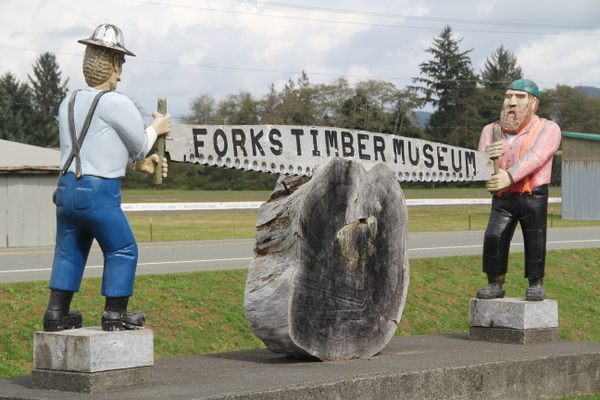
- The first European settlers on the Olympic Peninsula practiced logging, fishing and agriculture. Their cultural heritage can be seen in towns such as Port Townsend and Port Angeles, where historic buildings and museums dedicated to the lives of the early settlers remain.
- The Forks Lumber Festival is an annual event that emphasizes the importance of logging in the history and culture of the region. The festival features wood cutting competitions, displays of antique logging equipment and demonstrations of craft skills.
3. Creative Arts:
- The Olympic Peninsula is also home to many artists and artisans inspired by the region’s wildlife. You can find art galleries in Port Townsend and Port Angeles that showcase the work of local artists, including paintings, sculpture, ceramics and textiles.
- The Wooden Boat Festival in Port Townsend is another cultural event that attracts lovers of traditional craft and maritime traditions. The festival focuses on wooden boats and maritime culture, emphasizing the region’s close connection to the sea.
Public life
1. Tourism and ecotourism:
- With its unique natural landscape, the Olympic Peninsula attracts tourists from around the world. Olympic National Park, with its ancient rainforests and snow-capped peaks, offers many outdoor activities including hiking, camping, and wildlife watching.
- Ecotourism is an important part of life in the region, and local communities actively work to preserve nature. Peninsula residents often participate in environmental projects and actions to protect the region’s natural resources.
2. Community and Volunteerism:
- The Olympic Peninsula is known for its strong sense of community. Charitable events and volunteer programs are often held here to improve the lives of local residents and preserve nature. Many residents actively volunteer to help their neighbors and support local conservation projects.
3. Festivals & Events:
- The Dungeness Crab & Seafood Festival in Port Angeles is an annual seafood culinary event. The festival attracts crab and other seafood lovers and features musical performances, contests and tastings.
- Lavender Festival in Sequim is a celebration of lavender, which grows in the area due to its unique microclimate. During the festival, visitors can stroll through lavender fields, sample lavender products, and attend craft fairs.
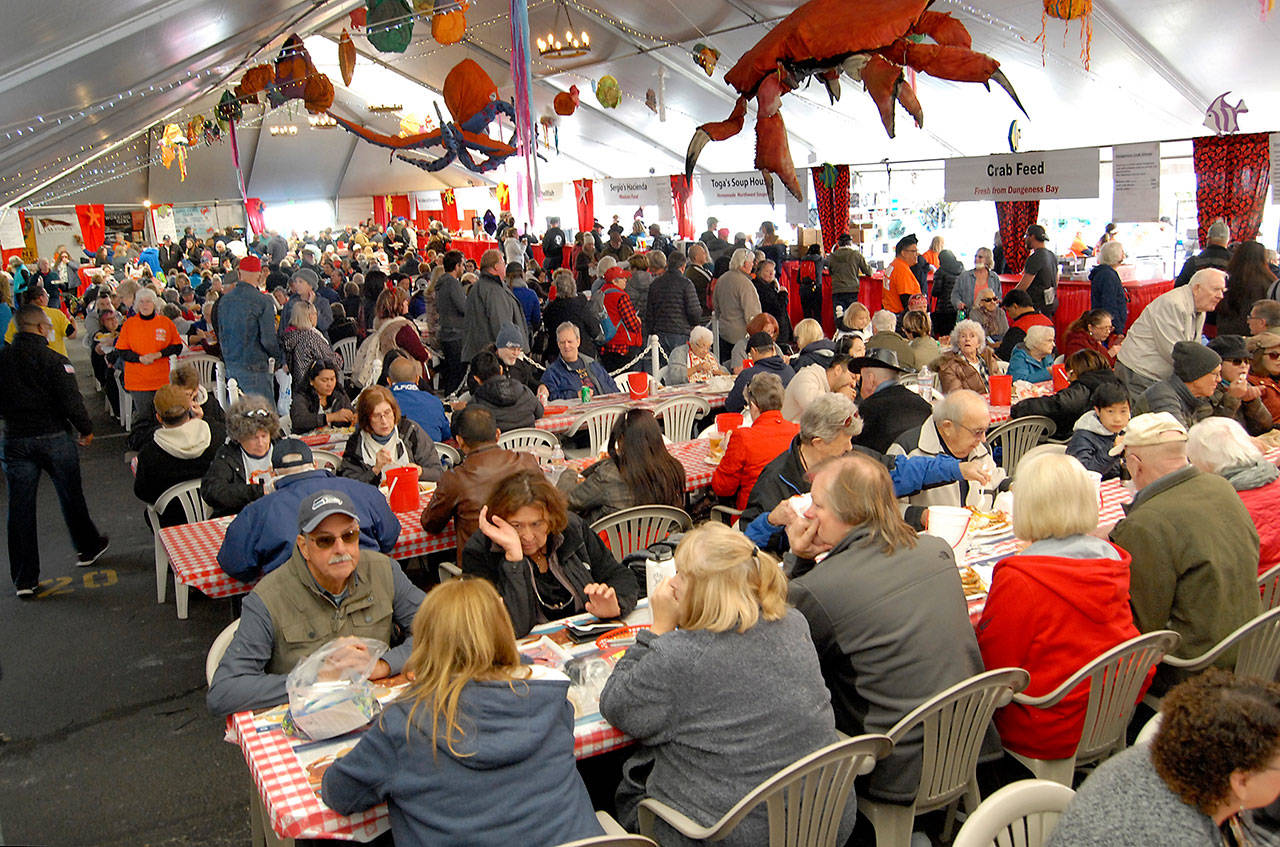
4. Sporting Life:
- Olympic Peninsula residents actively participate in a variety of sports, including mountain hiking, kayaking, fishing and bicycling. The region’s nature provides many opportunities for an active lifestyle, and many locals choose to spend time outdoors playing their favorite sports.
The Olympic Peninsula offers a unique combination of natural beauty, rich culture and an active community. The region attracts those who seek harmony with nature and value strong social ties. Local communities actively support each other, and the region’s cultural life is rich with indigenous and early settler traditions.
Why is Washington State attractive for relocation?
Washington offers a high quality of life, diverse career opportunities, and access to a rich cultural and social life. Whether you choose a large city with its opportunities or a quiet rural area with proximity to nature, Washington State has something to offer for everyone.
Our moving company is ready to help you take this important step and take care of all your moving needs. We will ensure that your move is smooth and comfortable, so you can quickly become a part of the cultural and social life of this amazing state.
Contact us in any way:
Telephone: (888) 282-6940
